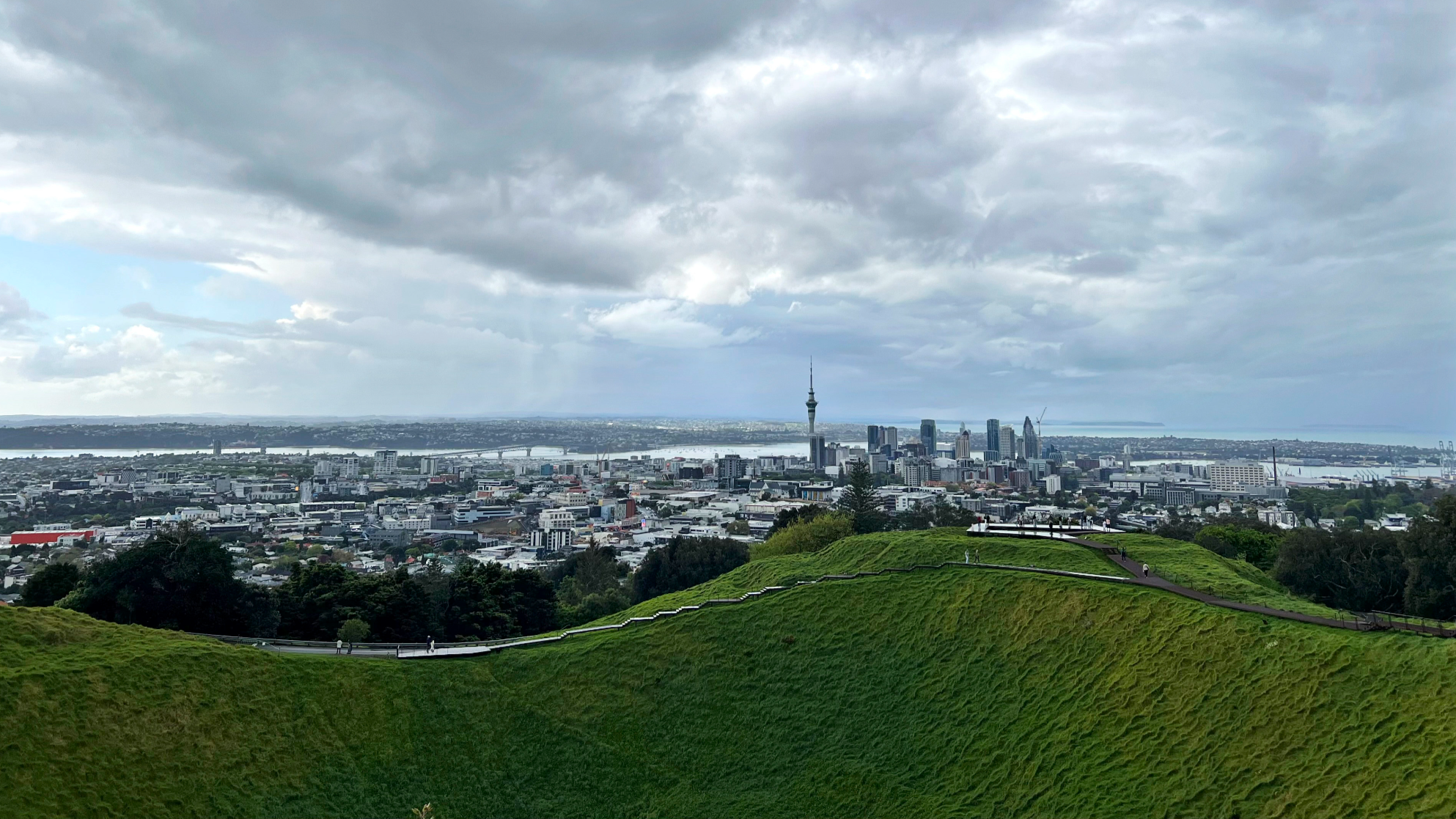
The New Zealand government’s newly adopted Strategy for Artificial Intelligence paper is seen by many as the first step toward unlocking the transformative potential of AI.
Minister for Science, Innovation, and Technology Shane Reti welcomed the July 8 report with a statement saying that AI will “boost productivity and grow a competitive economy”.
He added that AI has the potential to add NZ$76 billion ($46 billion) to the New Zealand economy by 2038.
READ MORE: New Zealand scraps clean, green policies to boost economy
However, some expressed concern that the strategy does not mention the Treaty of Waitangi — a document central to the foundation of New Zealand — or challenges faced by the indigenous Maori people, as most modern AI systems are sourced from Western contexts.
Reti cautioned that New Zealand was “falling behind other small, advanced economies on AI-readiness, and many businesses are still not planning for the technology.”
He said New Zealand must develop stronger AI capabilities to drive economic growth and emphasized the private sector’s role in leveraging AI to boost productivity.
“New Zealand’s strength lies in being smart adopters. From AI-powered precision farming techniques to diagnostic technology in healthcare, Kiwi businesses can tailor AI to solve our unique challenges and deliver world-leading solutions,” the minister said.
Aligned with the Organisation for Economic Co-operation and Development’s AI Principles, Reti said the strategy demonstrates New Zealand’s commitment to responsible AI use and development on the global stage.
The government intends to continue collaborating with international partners to shape consistent global standards that promote ethical AI deployment while fostering innovation, the minister added.
New Zealand only has to look at China to see just how AI is being used to benefit the country and its economy. A report by Morgan Stanley on May 22 predicted China’s AI industry and related sectors could grow into a market valued at $1.4 trillion by 2030.
China’s AI investments may break even by 2028 and deliver a 52 percent return on investment capital by 2030, the report said.
Morgan Stanley said China has become one of the world’s leading AI nations, with AI at the center of business priorities, consumer behavior, and economic growth.
Adrian Clark, an associate professor from the School of Product Design at the University of Canterbury in New Zealand, said the strategy is a sensible approach toward increasing the adoption of AI in New Zealand’s private sector.
Clark said it focuses on AI’s application within key economic sectors such as agriculture, healthcare, education, and business rather than trying to compete with large technology companies in foundational AI.
“I agree with this approach in the generative AI space. However, I believe New Zealand can still compete internationally in non-generative AI research,” he told Science Media.
"Beyond economic initiatives, the strategy presents several New Zealand case studies in driving AI innovation, including some where New Zealand is uniquely positioned to be a world leader,” he said.
Clark cited Te Hiku Media, an indigenous broadcasting hub, and KIWA Digital, a creative agency, using AI technology for indigenous language preservation through speech recognition and media localization, respectively.
He said the largest, and perhaps most significant, part of the strategy discusses barriers to AI adoption in New Zealand and how the government is planning to address them.
“These barriers include widespread concerns such as ethical and responsible use of AI and replacement of humans in the workforce. However, I felt the response to these concerns would have benefited from more detail,” he said.
Andrew Lensen, senior lecturer and program director for AI at Victoria University of Wellington, said the strategy was light on the ethical and societal issues of AI.
He said the strategy takes a "light-touch and principles-based approach", all but ruling out new legislation for managing the risks of AI.
READ MORE: PM: New Zealand will relax rules to woo foreign investment
“The strategy suggests that new legislation is unnecessary, which I, and many other AI researchers, disagree with,” he told Science Media.
“Having principles is not nearly sufficient to reduce AI-induced harm, bias, and inequity — we need clear legislation and well-resourced enforcement mechanisms to ensure AI does not further harm New Zealanders.”
"The AI Strategy does not mention the Treaty of Waitangi, not even once. Maori face unique risks from AI, with most modern AI systems being sourced from overseas Western contexts, which have been designed with Western values in mind,” he said.
Contact the writer at karlwilson@chinadailyapac.com


